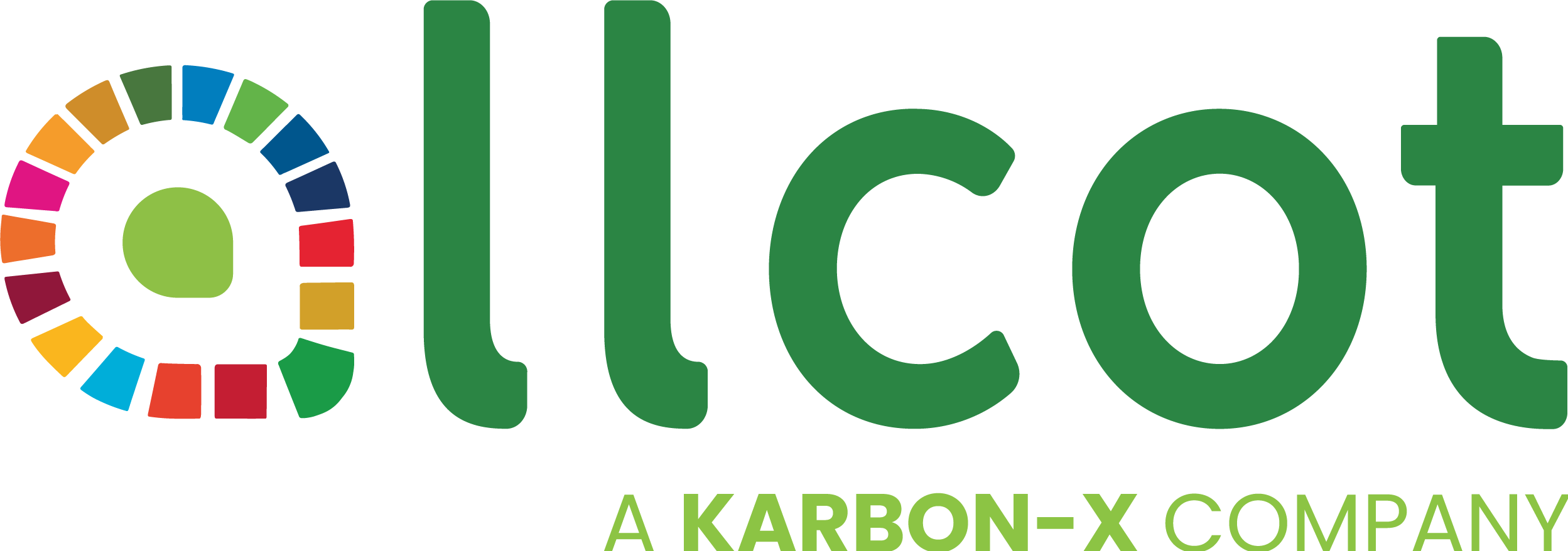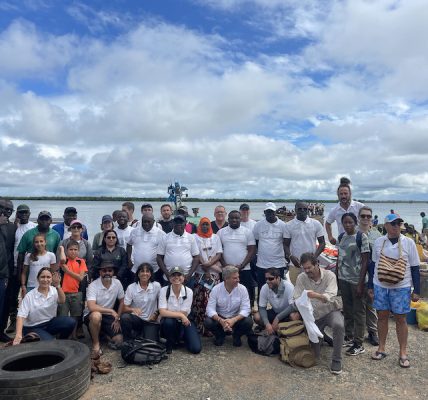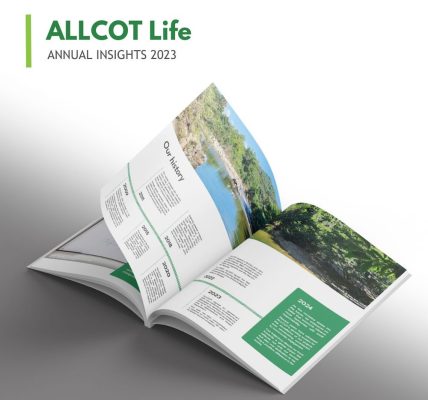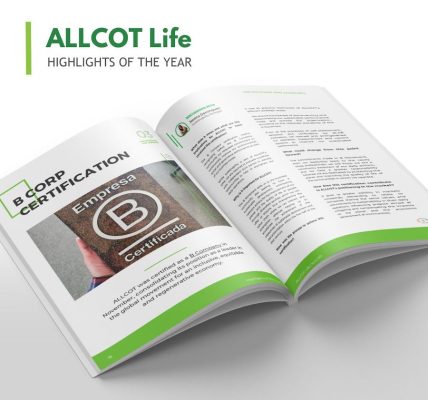By Alexis L. Leroy
The concept of fairness in carbon markets, particularly under Articles 6.2 and 6.4 of the Paris Agreement, is both complex and crucial, especially for bridging the economic and social disparities between the Global North and the Global South. Fairness must be understood as a comprehensive concept that conveys transparency, equity, equality, integrity, justice, and innovation.
Here’s how fairness could be conceptualized within this framework:
Pricing Fairness:
1. Exporting Country’s Mitigation Cost: The price of mitigation in the exporting country should be reflective of the actual costs of reducing emissions, inclusive of the environmental and social costs, the contribution to the financing of additional mitigation or adaptation actions included in the host country NDC.
2. Importing Country’s Structural Cost: The importing country’s cost of emission reduction, considering their own regulatory or level of domestic carbon pricing instrument, social, and technological context, should be taken into account to ensure the trade is mutually beneficial.
Benefit-Sharing and Retained Mitigation:
1. Retained Mitigation in Exporting Country: A portion of the mitigation outcomes should remain in the exporting country to contribute to their own NDCs (Nationally Determined Contributions).
2. Social Co-Benefits: Additional revenues or mitigation outcomes should be directed towards social upliftment programs like health and education in the exporting country. For each transaction made of the carbon credits in the voluntary market and Article 6 of the Paris Agreement, a percentage of the value shall be recognized by the communities or projects.
Social Costs:
1. Economic Aspects: The framework should acknowledge the economic disadvantages in the Global South and strive to rectify this imbalance by allocating more resources or favorable terms in trade agreements. The minimum price must be the social cost of carbon understanding the realities and characteristics of each region or country.
2. Health and Education: The social cost of carbon should also be employed to fund public health and education initiatives in the exporting countries.
Fairness’ Framework:
1. Transparency: Transparent mechanisms for establishing prices and sharing benefits need to be in place to ensure fairness.
2. Third-Party Verification: A neutral body should verify the fairness metrics and trade terms.
3. Dynamic Adjustments: The framework should establish standards that will be flexible to adjust to economic changes, technological advancements, and new scientific data.
4. Justice: The right of all stakeholders to have a voice and be heard. Have access to information and channels to defend their rights and promote good practices in implementing projects and the carbon markets in general.
5. Equality: The fair distribution of benefits to all parties involved in developing carbon projects.
6. Equity: Promoting the socio-economic development of communities while transitioning to a clean, equitable and effective economy.
7. People- Powered Decision Making: Locally driven projects bolster local commitment for real climate action.
8. Innovation: The use of innovative technological and non-technological solutions to improve living conditions.
9. Capacity-building: Create sustainable mechanisms to capacitate countries and their communities.
By embedding these principles into voluntary carbon markets, Article 6 negotiations and implementations, the concept of fairness could go beyond mere rhetoric and contribute substantively to leveling the playing field, economically and socially, between the Global North and South.






